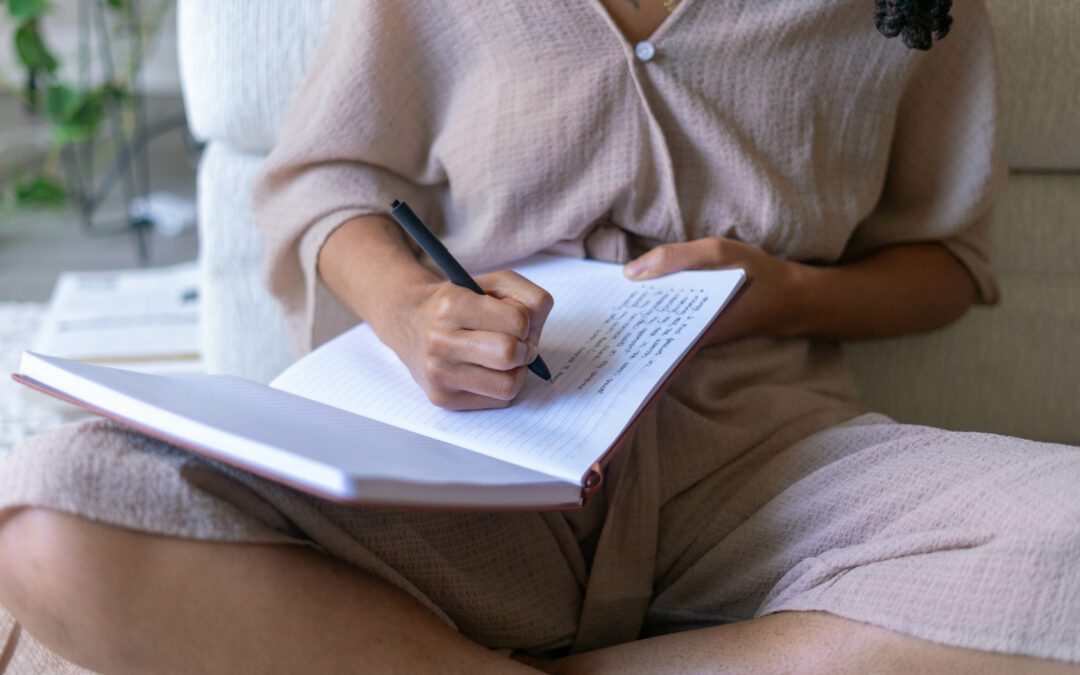When you think of a diary or journal, what comes to mind? Maybe you imagine a pink notebook outfitted with a tiny padlock to prevent prying eyes from reading your intimate thoughts. Maybe you imagine literary reflections on nature an account of an adventure or the ongoing record of the struggles of a wimpy middle schooler.
The truth is there are all kinds of journals kept by all kinds of people. And it turns out that keeping a journal can be an excellent activity for a person in recovery from a substance use disorder. A journal can be a place to work through your thoughts and emotions, to grapple with challenges and celebrate successes, to express yourself creatively, or to simply keep a running account of your life and recovery journey.
Writing in a Journal can be the Right Way to Support Your Recovery
Let’s take a look at a few different approaches to journaling and how they can support your recovery.
The Processing Journal
Putting pen to paper (or fingers to keyboard) can be a helpful way to work through your thoughts and emotions. Often, our brains are all atwitter with rushing thoughts and shifting emotions. Taking the time to work through something in writing can help slow things down and allow you to look at your thoughts and emotions from just enough distance to understand them better.
For example, imagine you had an interaction with a co-worker during which you became angry—but you aren’t really sure why you felt that way. Spending a little time writing about the experience in a journal can help you figure out what triggered the anger, how you might address that sort of situation in the future, and what you might need to do to repair the relationship with your peer.
If you are in therapy (which is a good idea for a person in recovery), your processing journal can help you reflect on your sessions and can help determine what issues you would like to tackle next with your therapist.
The Gratitude Journal
Our lives can be so busy that we sometimes forget to celebrate the good things—big and small—that happen every day. One way to make sure you take a little time to reflect on the positives in your life is to keep a gratitude journal.
There are any number of ways you could record things you are grateful for in your journal. One popular approach is pretty simple. Each day, write down three things you are grateful for. They could be small things (a good meal) or big things (a promotion at work), and it is okay to repeat something if you are ongoingly grateful for it. In fact, noting that you are grateful for your sobriety each day is a wonderful way to remind yourself how leaving behind drugs and alcohol has improved your life.
When it comes to keeping a gratitude journal, one option is to use an app designed for that purpose. These apps make it quick and easy to record what you are grateful for—in text, as a photo, or both.
The Creativity Journal
Engaging with your artistic side is a great way to support your recovery, and a journal can be a great spot to do just that. You can use your journal to write stories or poems or essays. You can use your journal to doodle or sketch or collage. Because these creative works are not intended for an audience, you can simply enjoy the process, experiment, and choose whether to refine something or simply make a first draft the only draft.
Sure, this process might eventually lead to the creation of something you want to share with others, but even if it doesn’t, you will have connected with your own creativity in positive ways that can provide personal satisfaction and support for your sobriety.
The Daily Recap Journal
This is perhaps what first comes to mind when you think of a journal—a place to write down what happened throughout your day. This can be a good practice for a person in recovery from a substance use disorder because it allows you to look back and see growth over time, how you handled challenges, and how you are doing as you work toward goals (whether those goals are directly related to your sobriety or not).
This kind of journal is also, of course, a memory aid for those inevitable times when you are trying to remember something that happened—when it happened, who was there, how you reacted—that was meaningful to you. Being able to look back on positive moments is another great way to shore up your sobriety.
Jot This Down: French Creek Recovery Center Can Help
If you are struggling with drugs or alcohol and are ready to reclaim your sobriety—and your life—French Creek Recovery Center can help. Located in Meadville, Pennsylvania, French Creek offers medically supervised detoxification, a rehabilitation program that also addresses co-occurring mental health disorders, and a continuum of care that provides ongoing support as your recovery journey gets underway.
Make today the day you can write in your journal, “I’ve decided to get help.” We can help you take back control of your life.

